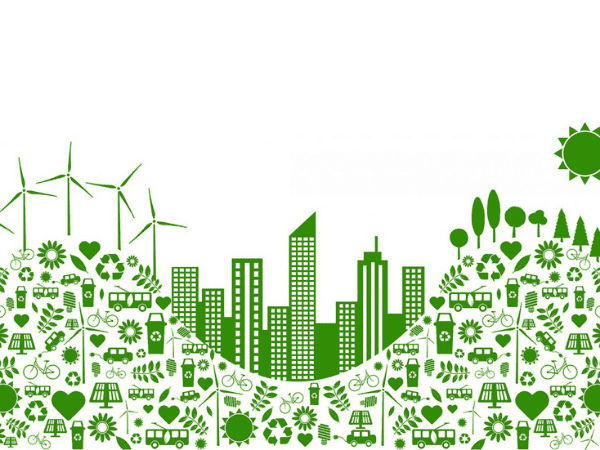
Kindly use Firefox or Google Chrome or Edge.

Kindly use Firefox or Google Chrome or Edge.
ESG – Environmental, Social and Governance is becoming crucial for all businesses with all sizes since it is a way to safeguard new investments and developments from future risks. Adopting ESG measures is more important than ever to thrive in the present and upcoming projects, in addition to sustainability and social responsibility, which are a must in all the future of real estate.
Environmental is the term looking for asset consumption of energy and its impact on the surrounding environment. Social is related to eco-friendly materials, smart technological heating, ventilation, eco-friendly buildings. Governance is associated to internal practices and policies that lead to effective decision making and legal compliance and transparency.
ESG factors as per the International Valuation Standards (IVS):
The Intersection of ESG and LEED Zero
LEED Zero goes in line with ESG objectives as both provide a framework for healthy, sustainable and greener buildings without impacting the climate change. LEED Zero recognizes buildings that achieve a net zero balance of carbon, energy, water and waste.
To obtain LEED Zero Carbon, a project must achieve equivalent balance of zero for the past year through the equation (Carbon Balance = Total Carbon Emitted – Total Carbon Avoided). LEED Zero Energy and Water are obtained as well as LEED Zero Carbon criteria.
LEED helps investors meet their ESG goals by providing investors with the globally recognized green building framework to measure and manage their real estate performance. It helps to implement management practices to prioritize building efficiency, decrease operational costs, increase asset value and ensure productivity, comfort and wellbeing for occupants.
Water recycling system to be integrated in Zero Energy Housing through a system to reuse the water coming from bathroom showers into garden and car washing. Space between buildings is very important especially in hot areas to get as much shadow as we can to reduce the energy needed to cool residential units to the minimum.

Egypt is on the track for “Zero Energy Housing”, as we build over forty new sustained cities that achieve all sustainable factors such as space between buildings and obligated use of solar panels in New Administrative Capital. Egypt built the world’s largest wastewater treatment plant in the Eastern bank of the Suez Canal to save more than two billion cubic meters of water that used to get wasted in the sea.
Road To COP 27
Egypt will host the 27th UN Climate Change Conference in Nov. 2022, on behalf of Africa and is setting an ambitious target of 50% of the country’s projects to be green by 2024. Egypt’s energy policy reform process initiated in 2014 has reduced the annual increase in electricity demand to 2-3% vs. an average rate of 7-8% between 2000 and 2010 with the large savings in greenhouse gas emissions.
A new industrial revolution emphasis to reduce carbon footprint by switching from heavy oil use to natural gas projects. In addition to the green and safe transit systems that reduce GHG emissions by building a new underground metro line, two highspeed monorail lines, first electric buses and first bike sharing scheme.
The rewards of LEED Zero & ESG are not only a smart move for businesses but there are countless paybacks whether in accelerating growth, cost-reduction, effectiveness and guidelines for sustainable development that are targeting humanity at large.